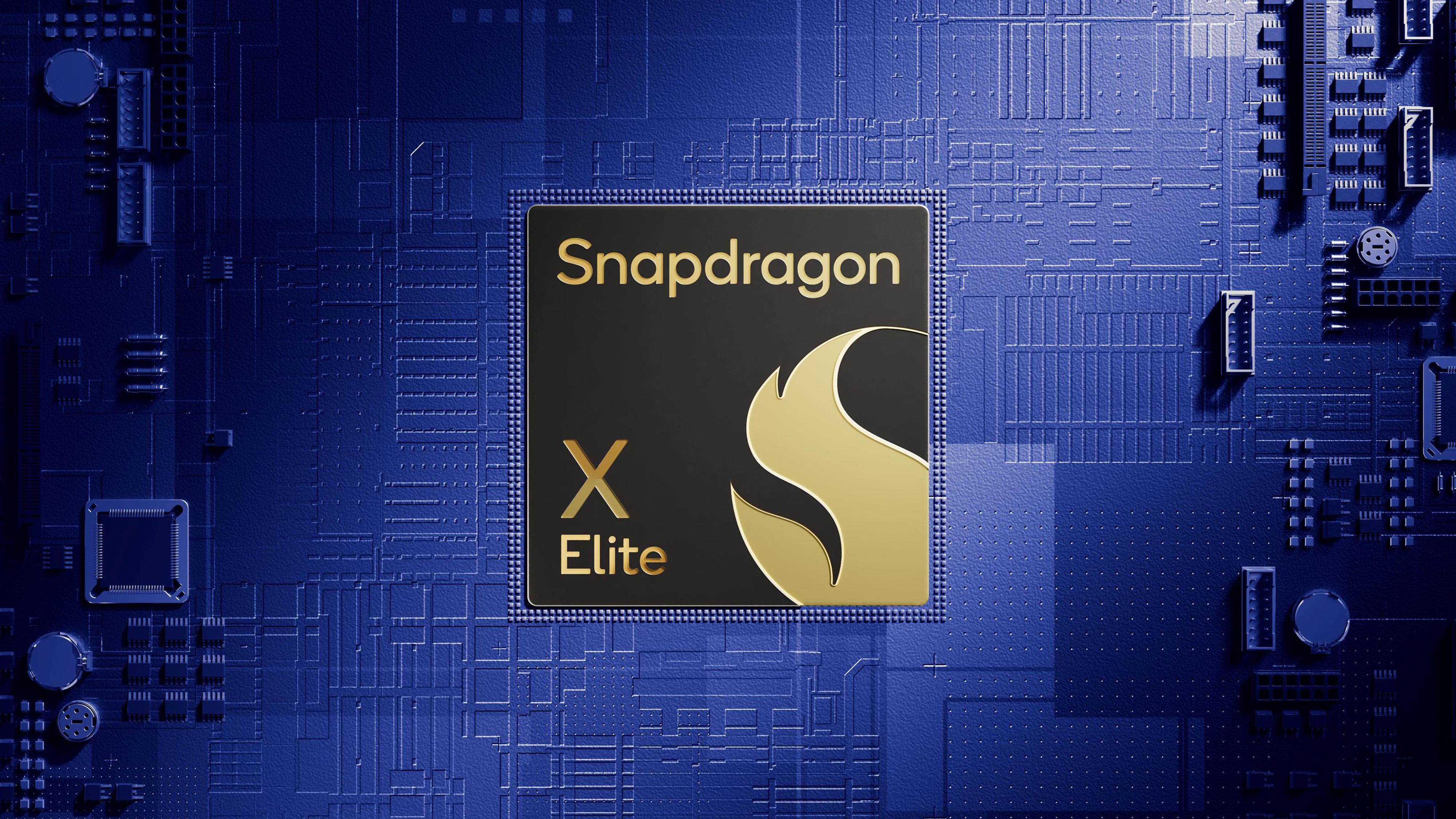
Arm Holdings has decided to terminate its architecture license agreement (ALA) with Qualcomm as part of its legal battle against Qualcomm that began two years ago, reports Bloomberg. The cancellation could have a substantial impact on Qualcomm's business, particularly in its emerging business of processors for laptop PCs.
Arm has given Qualcomm a 60-day notice of cancellation for its architectural license, which allows Qualcomm to build custom chips based on Arm's ISA. If Qualcomm fails to resolve the issue, Arm will demand it halts sales of numerous products, including processors for client PCs. While all of the company's processors for PCs and smartphones rely on the Arm instruction set architecture (ISA), many of them rely on Arm's off-the-shelf technologies that are licensed on different terms than the ISA. These products, represent a significant portion of its $39 billion in revenue.
Arm initiated legal action against Qualcomm and Nuvia, accusing the companies of violating licensing agreements and infringing on its trademark after Qualcomm took over Nuvia in 2021. Arm argues that Qualcomm has violated its agreement by not renegotiating terms after the acquisition, demanding that Qualcomm destroy any Nuvia designs created before the merger. Qualcomm counters that its existing agreement already covers Nuvia's developments.
In 2019, Arm granted Nuvia two licenses: the Technology License Agreement (TLA) and Architecture License Agreement (ALA) one to modify its existing cores and another to design custom cores. These licenses were granted on the condition that Nuvia would develop datacenter-grade products and were non-transferable without Arm's approval, which Qualcomm did not obtain when it acquired Nuvia in 2021. As a result, Arm terminated Nuvia's licenses in 2022, but Qualcomm argued that its ALA also covered its subsidiary, Nuvia too. Qualcomm has subsequently released processors based on Nuvia's Phoenix (Oryon) cores, which Arm believes breach the contracts and infringe trademarks.
The companies are now preparing for a trial to resolve these claims. Yet, Qualcomm has filed its own countersuit, arguing that it acted within its rights.
Qualcomm's dependency on Arm technology is significant. Even if the company retains access to Arm's standard designs under the TLA deal, the loss of its architectural license could lead to delays and major disruptions in product development.







